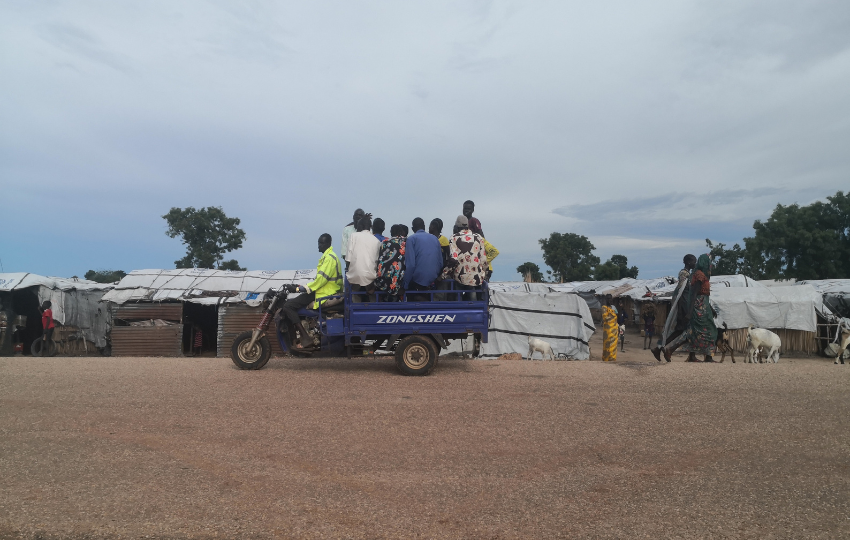Project Background
In May 2022, the CERF and CBPF – the two OCHA-managed pooled funds – released US $19 million to help communities in South Sudan to prepare for severe flooding expected during the rainy season. The country is projected to suffer a fourth consecutive year of extreme flooding over the coming months. In the target area (Unity State), the flooding is expected to put more than 320,000 people – over a third of whom are already displaced – at risk of further displacement, loss of livelihoods, disease outbreaks and food insecurity.
The South Sudan Humanitarian Fund (SSHF) and the Central Emergency Response Fund (CERF) have released the money before the flooding occurs to avert a humanitarian crisis. Some $4 million of SSHF funds will enable NGOs and UN agencies to reinforce dikes around vital access roads, displaced people’s homes, the airstrip and other infrastructure. The $15 million CERF allocation will support people to protect their homes and key infrastructure, such as latrines and water wells, from flood water, and thus aim to avert a public health emergency. This early action allocation is occurring more than 6 months before the CERF funding cycle of the past three years – and ahead of the rainy season. It is also the first time that the two OCHA-managed pooled funds (CERF and CBPF) are coming together to provide complementary funding in anticipation of an upcoming disaster.
The early action allocation offers a unique learning opportunity about how to deliver anticipatory action in a flexible manner and in a protracted crisis setting where conflict and displacement is prevalent. Demonstrating the impact of early humanitarian assistance in this complex setting would serve as a benchmark against which to motivate that anticipatory action is feasible and effective, even in the most difficult of settings. Furthermore, it would demonstrate that rigorous research was both feasible and useful for learning about anticipatory action, making it continuously more effective and impactful.
Project objectives
This project entails an impact evaluation that measures the impact of this pilot intervention on the welfare of the target populations. The evaluation will focus on a subset of pilot activities where it is possible to design a rigorous research methodology to attribute causality. Such an approach is relatively novel in this context and would produce learning that would support the anticipatory action agenda – both within South Sudan and beyond.
More specifically, the project has three objectives:
- To analyze the causal impact of (part of) the anticipatory action activities in Bentiu on the socio-economic, health and/or mental health well-being and resilience of beneficiary populations.
- To identify heterogeneous treatment impacts across specific population sub-groups, such as women or female-headed households.
- To communicate the lessons learnt, both of the intervention and the research process, to relevant stakeholders.
Project Details
- Project Year/s: 2022 · 2023
- Donors: United Nations Office for the Coordination of Humanitarian Affairs (OCHA)
- Partner/s: International Office of Migration (IOM)
- Region/s: Sub-Saharan Africa
- Theme/s: Human Development · Humanitarian Emergencies · Impact Evaluation · Micro-Data Collection · Shocks & Livelihoods
- Research Topic/s: Climate Change · Disasters & Emergencies · Gender · Health · Migration & Displacement · Poverty & Inequality






